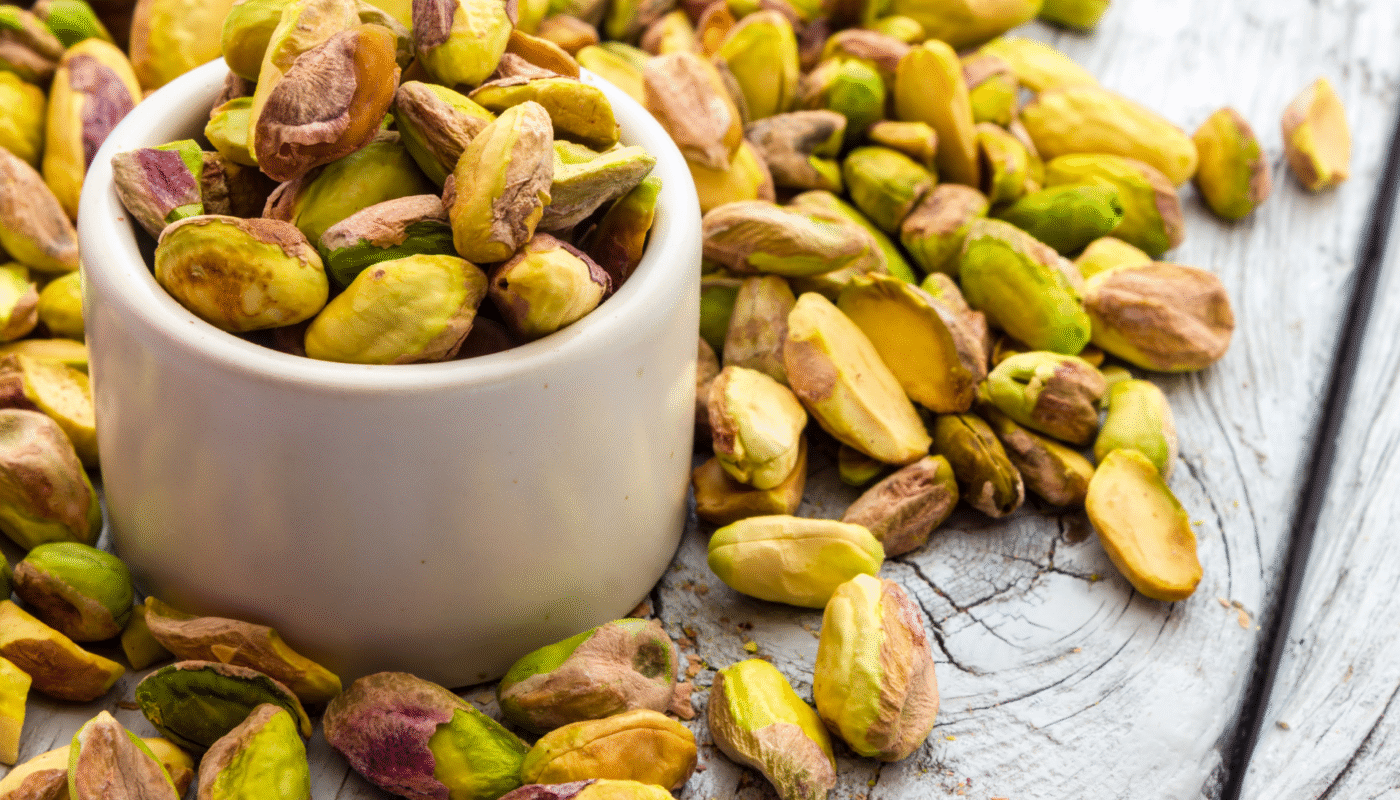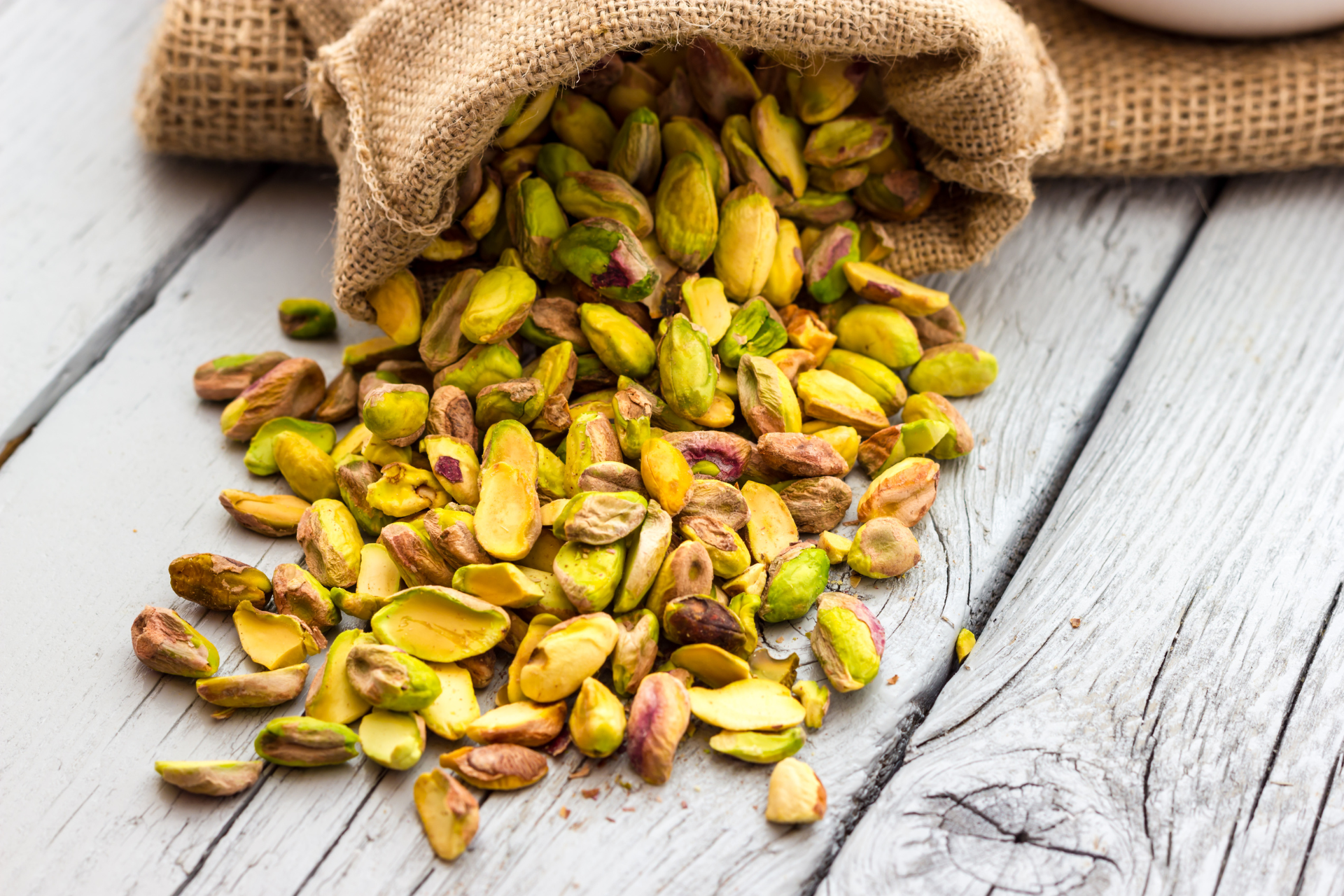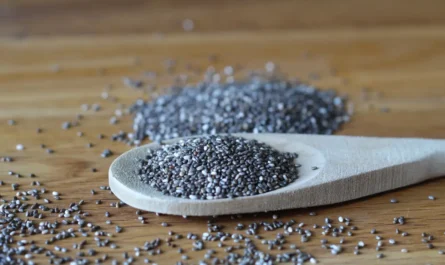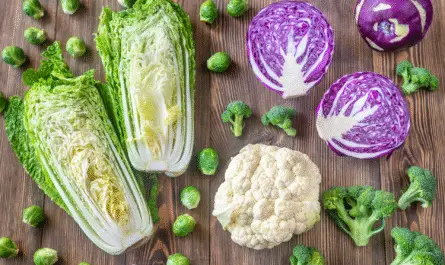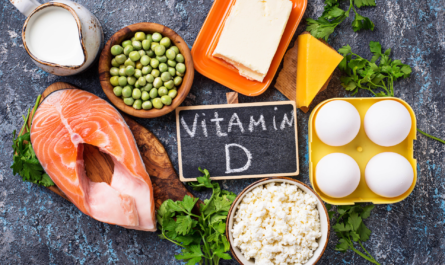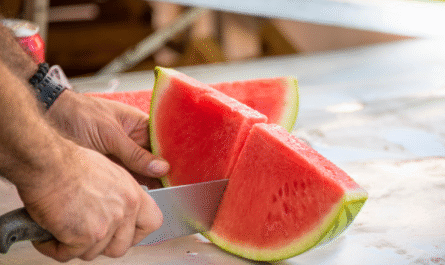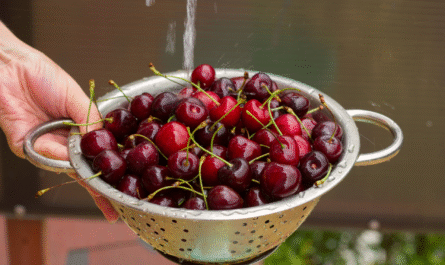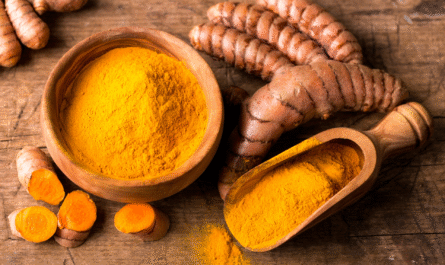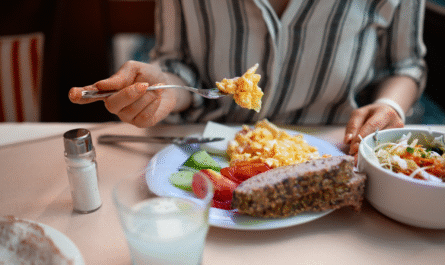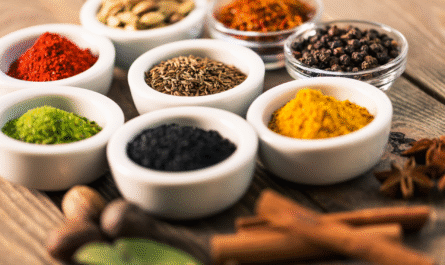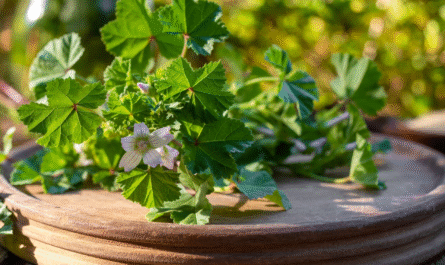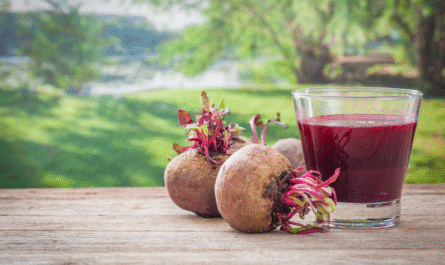As a nutrition expert who’s spent years analyzing the relationship between food and long-term health, I’ve come to rely on a short list of power foods that deliver outsized benefits. Pistachios are right at the top. These tiny green gems are more than just a snack, they’re a strategic addition to any health-focused lifestyle. I recommend them often, not just because they’re nutrient-dense, but because they’re accessible, versatile, and surprisingly effective at supporting multiple aspects of well-being.
I didn’t always give pistachios this much credit. Early in my practice, they were just another nut to me, interchangeable with almonds or cashews. However, after examining the data and tracking client results, I began to realize just how unique they are. Pistachios don’t just quietly support your health; they make a measurable difference in areas like cholesterol, blood sugar, digestion, and even mood.
In this article, I’ll walk you through the nutritional breakdown of pistachios, five of the most impactful health benefits I’ve observed, and the best ways to incorporate them into your daily eating habits. Whether you’re managing a condition or just trying to live and age better, pistachios can play a powerful role.
Nutritional Content of Pistachios
What makes pistachios so valuable from a nutritional standpoint is their remarkably balanced profile. Just a 1-ounce serving (about 49 nuts) delivers around 6 grams of protein, 3 grams of fiber, and 13 grams of healthy fats, primarily monounsaturated and polyunsaturated. This combination of macronutrients is ideal for promoting satiety and blood sugar stability, two key pillars of metabolic health.
On the micronutrient side, pistachios are loaded with B vitamins (especially B6), copper, phosphorus, manganese, and potassium. They also offer lutein and zeaxanthin, two carotenoids known to support vision and cognitive performance. What’s often overlooked is their antioxidant capacity: pistachios are one of the most antioxidant-rich nuts, rivaling even blueberries in some tests.
What I love most as a practitioner is how pistachios “check multiple boxes” at once. They offer clean plant-based protein, fiber for gut support, healthy fats for cardiovascular health, and antioxidants for cellular protection. That’s a rare trifecta in a food that doesn’t require preparation, refrigeration, or supplementation. It’s the kind of nutritional density I’m always aiming to bring into people’s daily lives.
Also Read: Experts Say These 6 Fiber-Rich Foods Can Lower Your Cholesterol
5 Health Benefits of Pistachios
1. Heart Health and Cholesterol Regulation
Cardiovascular health is often the first concern clients bring to me, and pistachios are one of the few snacks I can confidently recommend in that context. Research consistently shows that regular consumption of pistachios can lead to improvements in cholesterol markers. Specifically, they help lower LDL (“bad”) cholesterol and raise HDL (“good”) cholesterol, an ideal shift for heart disease prevention.
What drives these effects? Pistachios are rich in plant sterols, which naturally block cholesterol absorption in the gut. The combination of unsaturated fats, fiber, and antioxidants also supports endothelial function and reduces inflammation, both of which are central to heart health. A meta-analysis published in the American Journal of Clinical Nutrition even found that pistachios can reduce total cholesterol by up to 13% when eaten daily.
I’ve seen this work firsthand. In clients with borderline high cholesterol who didn’t want to go straight to statins, adding a daily serving of pistachios was often enough to tip the balance. It’s not magic, it’s science-backed nutrition. And because they’re satisfying, they also tend to crowd out less heart-friendly snack choices.
2. Blood Sugar and Metabolic Control
Another area where pistachios shine is blood sugar regulation. Unlike high-carb or processed snacks that cause rapid spikes and crashes, pistachios have a low glycemic index and actually help stabilize glucose levels. This is especially beneficial for individuals dealing with insulin resistance, prediabetes, or type 2 diabetes.
The combination of protein, fiber, and fat in pistachios slows gastric emptying and helps moderate the release of glucose into the bloodstream. Even when eaten alongside higher-carb foods, pistachios can blunt post-meal glucose spikes. I often advise clients to pair a handful of pistachios with fruit or whole grains to create a more balanced glycemic response.
In practice, I’ve seen pistachios help clients reduce their A1C over time, not as a standalone solution, but as part of a smarter snacking strategy. They’re a perfect example of how choosing the right snack doesn’t just prevent problems, it can actively help correct imbalances in the body’s metabolism.
3. Gut Health and Digestive Support
We often talk about gut health in terms of probiotics and fermented foods, but prebiotics, non-digestible fibers that feed healthy gut bacteria, are just as important. Pistachios provide exactly that. Their fiber content supports digestion and feeds beneficial strains like Bifidobacteria and Lactobacillus.
I often recommend pistachios as a functional food for clients dealing with bloating, irregularity, or imbalanced microbiomes. Unlike fiber supplements, which can be harsh or overly concentrated, pistachios deliver a gentle, food-based source of prebiotic fiber. They also contain polyphenols, which act as antioxidants and support microbial diversity in the gut.
The result is better bowel regularity, reduced inflammation, and improved nutrient absorption. Clients are often surprised that a small handful of pistachios can have such a positive effect on their digestion, but in my experience, real food always outperforms processed solutions in the long run.
4. Weight Management and Satiety
There’s a common myth that nuts are fattening, but the research, and my own experience, tell a very different story. Despite being energy-dense, pistachios are actually supportive of weight management. Why? Because they’re incredibly satiating, meaning you feel full and satisfied with fewer calories overall.
In fact, studies have shown that people who eat pistachios regularly tend to consume fewer calories later in the day. This is partly due to their protein and fiber content, but also because of the act of shelling them. When you eat in-shell pistachios, the extra effort slows you down and helps you become more mindful of portion sizes. I call this the “built-in portion control” factor.
In my practice, I’ve seen clients lose weight not by cutting calories drastically, but by making smarter snack choices, and pistachios are a go-to. They satisfy cravings, keep energy levels steady, and reduce the urge to reach for empty carbs. When it comes to sustainable weight control, they’re one of the best tools I know.
5. Immune Support and Antioxidant Properties
Supporting your immune system doesn’t have to involve supplements and superfoods with exotic names. Pistachios provide a powerful mix of antioxidants, including vitamin E, polyphenols, and carotenoids like lutein and zeaxanthin. These compounds help combat oxidative stress, a major driver of chronic inflammation and immune dysfunction.
I often point out to clients that inflammation is at the root of most modern diseases, heart disease, cancer, autoimmune disorders, and even depression. By eating more foods with natural anti-inflammatory properties, like pistachios, we can give the immune system the resources it needs to function optimally. Unlike refined snacks that stress the body, pistachios help protect it.
For people with frequent colds, fatigue, or inflammatory markers, I frequently include pistachios in their food plans. It’s a small change with big benefits. Your immune system responds to the quality of fuel you give it, and pistachios are some of the cleanest-burning fuel you’ll find.
Best Ways to Eat Pistachios
There’s a right and wrong way to eat even the healthiest food. When it comes to pistachios, I usually recommend unsalted or lightly salted varieties, and ideally roasted without added oils. Raw pistachios are great too, especially if you’re avoiding sodium or watching inflammation triggers. The key is to keep them as close to whole-food form as possible.
For pairing, pistachios are incredibly versatile. I love combining them with Greek yogurt and berries for a protein-packed snack, or sprinkling chopped pistachios over oatmeal, salads, or roasted vegetables. They also add richness and texture to smoothies, trail mixes, and even savory grain bowls. I often advise plant-based clients to blend pistachios into sauces or pestos for added creaminess and nutrition.
The key is to move beyond just snacking and start integrating them into meals. Pistachios work in both sweet and savory contexts and complement a wide range of flavors. Once you make them a staple in your pantry, it becomes easy to eat healthier without even thinking about it.
Final Thought
I eat pistachios almost every day, and I encourage my clients to do the same. Not because they’re trendy or exotic, but because they’re effective. They support health from multiple angles, heart, metabolism, immunity, digestion, and weight, and they do it with no prep, no mess, and no downside when eaten in moderation.
In my years of clinical work, I’ve learned that small, consistent choices build long-term health. Pistachios are one of those choices. They’re not a cure-all, but they’re a reliable, proven way to elevate your nutrition with very little effort.
If you’re looking to make one smart shift in your diet this week, start with pistachios. Rethink your snacks, refuel with intention, and give your body the kind of support that shows up in your energy, focus, and overall well-being.
FAQs
Overeating any food can be problematic. While pistachios are healthy, excessive amounts may lead to excess calorie intake or gastrointestinal discomfort due to their fiber content. Mid-morning or mid-afternoon is ideal. Pistachios provide a steady release of energy thanks to their protein, fat, and fiber, making them a great pick-me-up between meals. Absolutely. For kids, they’re a fun and nutritious snack. For seniors, they offer easy-to-digest protein and nutrients that support eye, brain, and heart health. Pistachios offer more protein and fiber per serving than most nuts and are particularly rich in antioxidants and carotenoids. They’re one of the most balanced nuts nutritionally. Are there any downsides to eating too many pistachios?
What’s the best time of day to eat pistachios for energy?
Can children and seniors benefit equally from pistachios?
How do pistachios compare nutritionally to other nuts?

